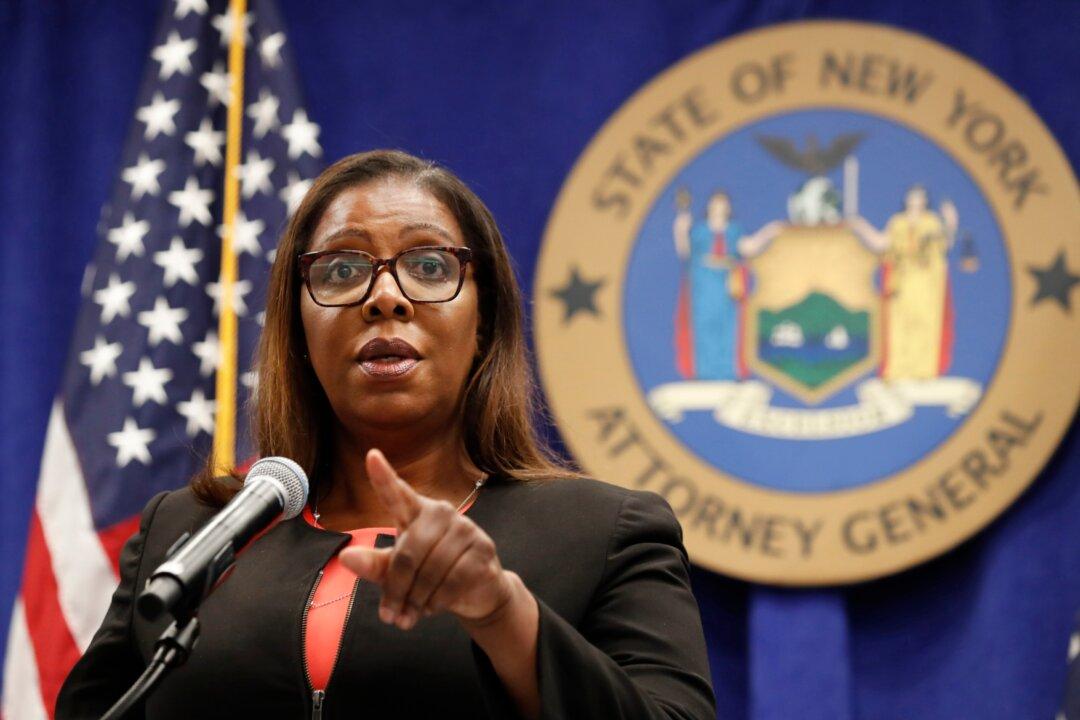New York Attorney General Letitia James’s office is “actively reviewing” activity related to the Robinhood application and the trading of GameStop stock.
“We are aware of concerns raised regarding activity on the Robinhood app, including trading related to the GameStop stock. We are reviewing this matter,” the Attorney General said in a statement issued Jan 28.




